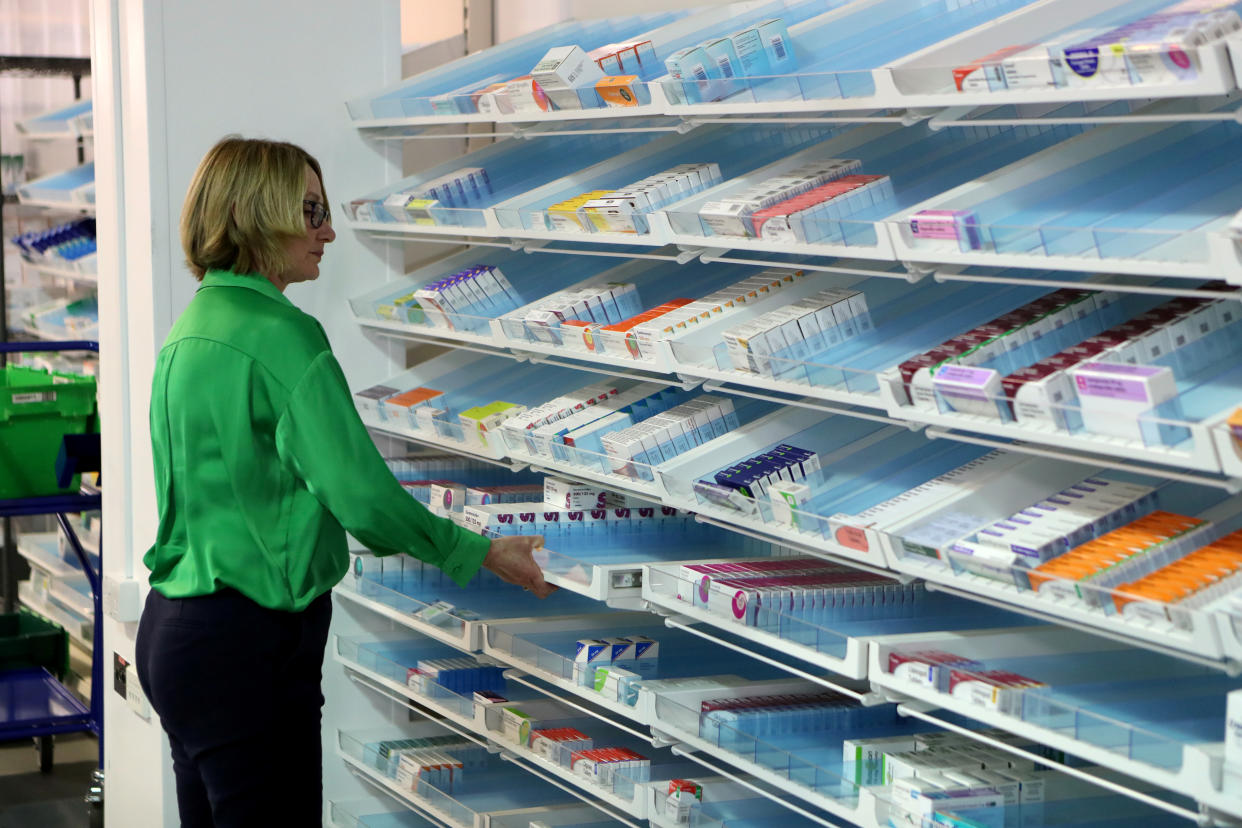Drug companies fined £260m for overcharging the NHS

The UK’s competition watchdog has slapped pharmaceutical firms with a fine totalling more than £260m ($359m) for overcharging the NHS.
The Competition and Markets Authority (CMA) said prices of life-saving hydrocortisone tablets rose by more than 10,000%, and that the companies “bought off potential rivals to avoid them competing with their own versions of the drug and preserve their ability to increase prices”.
The fines are the result of an investigation into the conduct of several pharma firms, which found that Auden Mckenzie and Actavis UK, now known as Accord-UK, charged the NHS excessively high prices for almost a decade.
The amount the NHS had to pay for a single pack of 10mg tablets rose from 70p in April 2008 to £88.00 by March 2016. For the 20mg strength, prices rose from £1.07 to £102.74 per pack over the same period.
Before April 2008, the NHS was spending approximately £500,000 a year on hydrocortisone tablets. This had risen to over £80 million by 2016.
Auden Mckenzie also paid off would-be competitors AMCo, now known as Advanz Pharma, and Waymade to stay out of the market, the CMA revealed, while Actavis continued paying off AMCo after taking over sales of hydrocortisone tablets in 2015.
Read more: UK competition watchdog probes Nvidia's $40bn takeover of ARM
On Thursday, the CMA said that Accord-UK (and its parent companies Intas and Accord, and its former parent firm Allergan) have been fined £155m. It charged the NHS excessive and unfair prices for hydrocortisone tablets for almost 10 years, from 2008 to 2018.
Accord-UK and Allergan, as former parent, was fined a further £66m for paying competitors to stay out of the market.
For their part in the collusion, the regulator also fined Advanz, and its former parent Cinven, a total of £43m and Waymade £2.5m.
Tens of thousands of people in the UK depend on hydrocortisone tablets to treat adrenal insufficiency, which includes life-threatening conditions such as Addison's disease.
"These are without doubt some of the most serious abuses we have uncovered in recent years. The actions of these firms cost the NHS - and therefore taxpayers - hundreds of millions of pounds,” Andrea Coscelli, chief executive at the CMA, said.
“Auden Mckenzie's decision to raise prices for de-branded drugs meant that the NHS had no choice but to pay huge sums of taxpayers' money for life-saving medicines. In practice, the NHS was at one point being charged over £80 for a single pack of tablets that had previously cost less than £1.”
Read more: Coronavirus: NHS bosses call for rise in UK drug manufacturing
He added: “These were egregious breaches of the law that artificially inflated the costs faced by the NHS, reducing the money available for patient care. Our fine serves as a warning to any other drug firm planning to exploit the NHS.”
The CMA's decision means the NHS will be able to seek damages for the firms' behaviour, should it choose to do so.
A spokesperson for Accord Healthcare said: “We are very disappointed by the CMA’s decision. Having only inherited the product in January 2017, we have done nothing but continuously reduce the price in the face of significant competition.
“We maintain that the case against Accord Healthcare is flawed legally and in respect of material facts. We are therefore considering all our options and intend to appeal the decision.”
Yahoo Finance has also reached out to the other companies involved.
Watch: COVID-19: Seasonal viruses and coronavirus could leave NHS 'unable to cope' this winter, scientists warn


